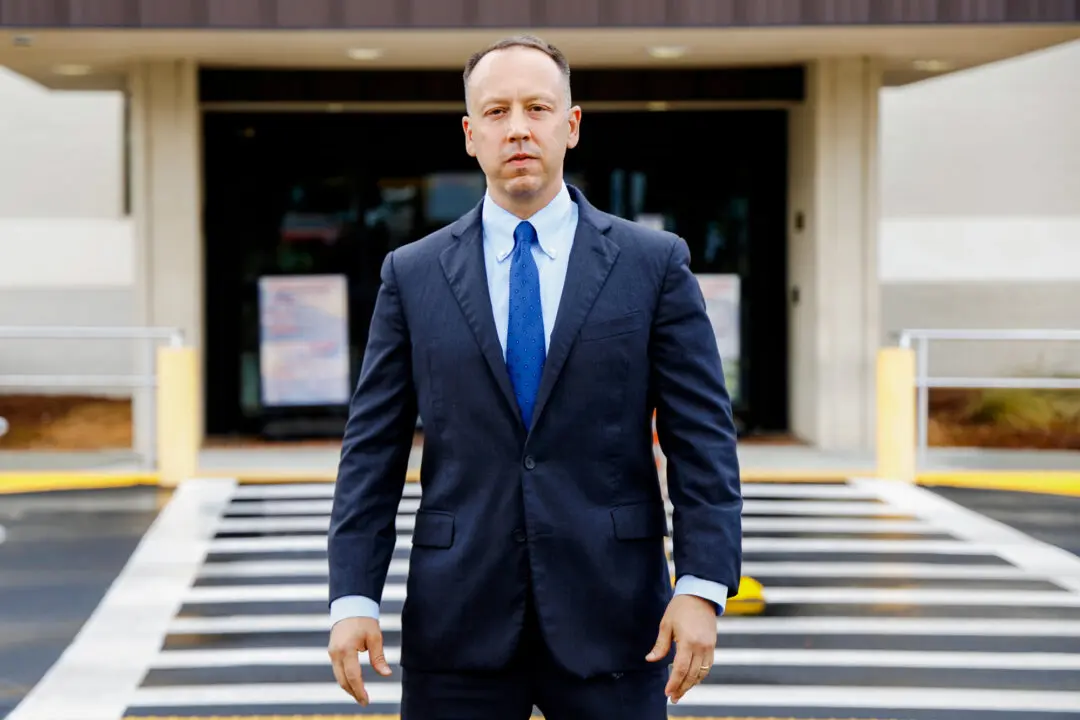A growing contingent of people concerned about how hospitals treat COVID-19 is calling on Florida Gov. Ron DeSantis to veto a bill the Republican Party is quickly pushing through the state’s legislature.
The Republican-led effort seeks to extend a law that grants near-immunity to health care providers for their treatment of COVID-19, as long as they follow guidelines from the Centers for Disease Control and Prevention (CDC) and the National Institutes of Health (NIH). They say the measure still is needed to help health care facilities stay solvent during the pandemic.





